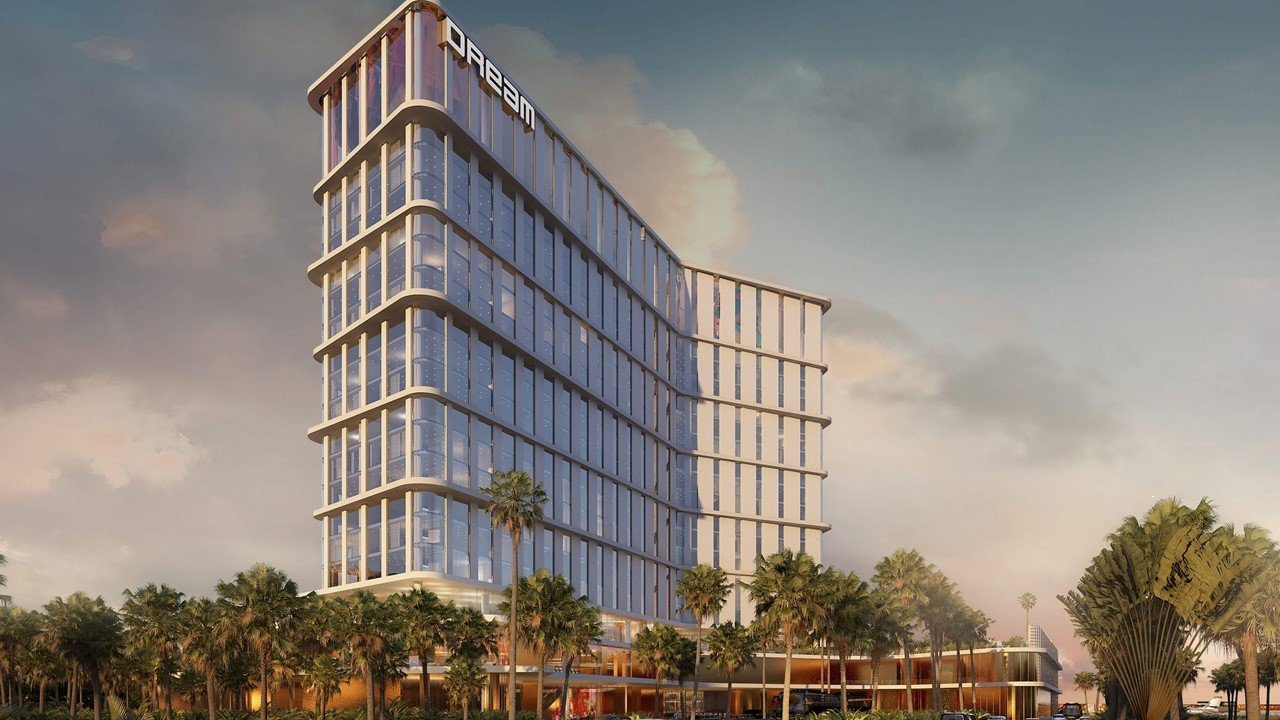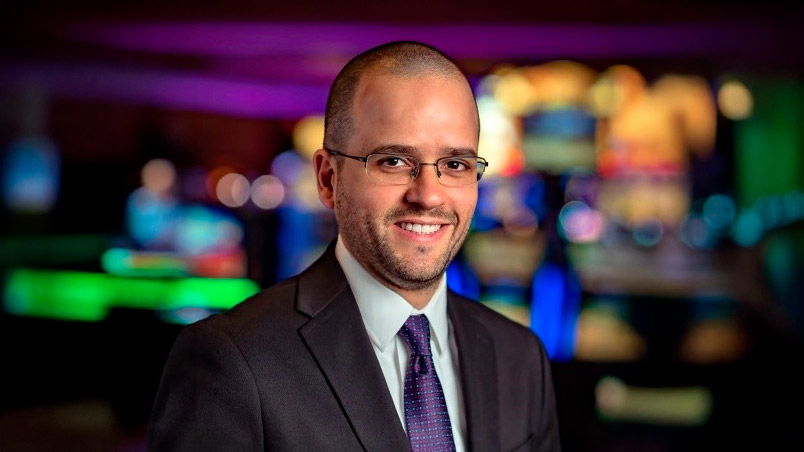Dream Hotel Casino approved next to McCarran Airport in Las Vegas

Centrally located on famed Las Vegas Blvd., across the street from Mandalay Bay Resort and Bali Hai Golf Club, Dream Las Vegas will be one of the first hotel properties seen from the iconic Welcome to Las Vegas sign.
The 527-room project would be much smaller than other resorts on Las Vegas Boulevard, offering a boutique-style experience in an ultra-competitive market dominated by massive resorts that often have thousands of rooms apiece.

Set to open in 2024, Dream Las Vegas will feature 450 chic and stylish, well-appointed guest rooms and suites, seven highly-activated dining and nightlife venues, including a rooftop pool deck, bar and lounge, three feature restaurants, two additional bar and lounge concepts on the gaming floor, and a grab-and-go café on the street level, as well as 12,000 square feet of private meeting and event space, a full-service spa, fitness center and on-site parking.
Shopoff, founder of Shopoff Realty Investments, and Daneshforooz, chief executive of real estate firm Contour, announced project plans in February 2020, a month before the coronavirus pandemic devastated Las Vegas’ economy and turned the Strip into a surreal site of closed casinos and quiet sidewalks. It is slated to cost around $500 million, Daneshforooz said.
Developers hope to break ground by late second quarter or early third quarter 2022 and open about two years later.
Location
Dream, however, faced a series of obstacles due to its location.
As outlined in county documents, the proposal raised “safety and security concerns” about McCarran operations, and project plans were sent to agencies including the FBI, the Department of Homeland Security, and the Secret Service.
The Transportation Security Administration issued an assessment stating the project is near an area of the airport “used for high-level individuals, special operations and military aircraft parking,” and the resort “would increase risk to both the aircraft and the passengers due to active shooters and the ability to throw things over the fence intended to cause harm” to people and planes, reports The Review Journal this week.
The developers said will probably spend more than $10 million on physical changes to the project that stem directly from the concerns and opposition they faced.


















































